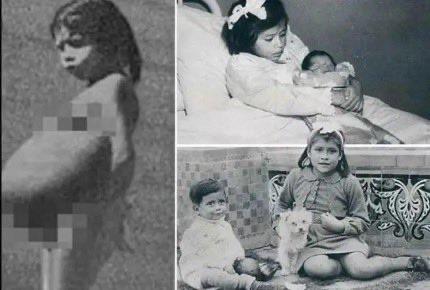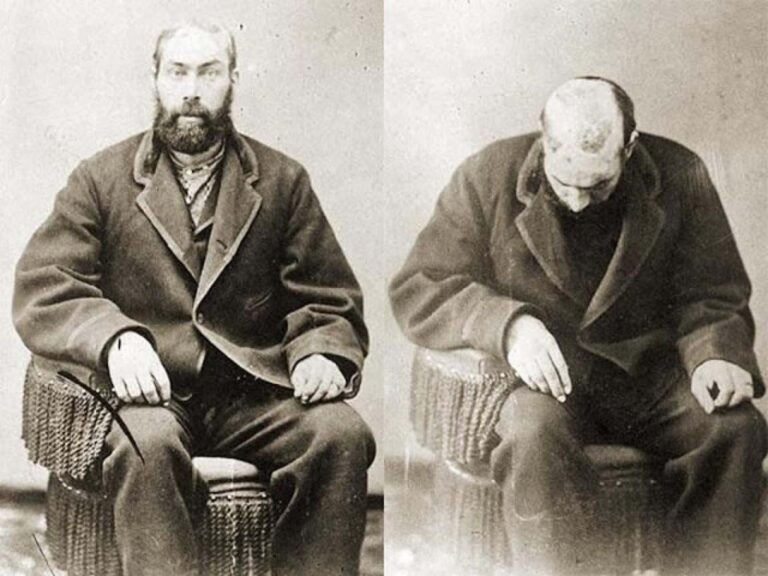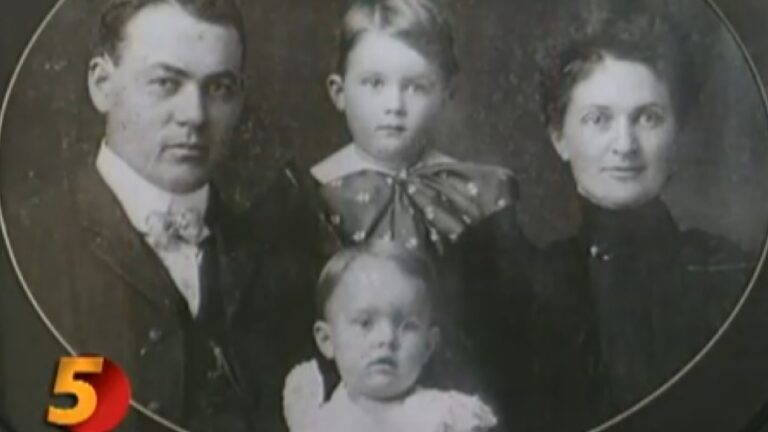The Extraordinary Case of a Mother’s Revenge: Marianne Bachmeier’s Story
Who Was Marianne Bachmeier?
Marianne Bachmeier, born in 1958 in West Germany, is known for her controversial act of vigilante justice. Her story became a focal point of media attention and legal discourse following a tragic personal loss. Raised in a middle-class family, Marianne led a seemingly ordinary life until the devastating events that would alter her path forever. Her daughter, Anna Bachmeier, was abducted and murdered by Klaus Grabowski, a convicted sex offender, which set off a chain of events that would make Marianne a household name.
Early Life and Personal Background
Marianne’s early years were marked by a stable upbringing. She worked as a secretary and was a devoted mother to Anna. The family’s life was shattered when Anna was kidnapped. The grief and anger that Marianne experienced are central to understanding her later actions.
The Tragic Death of Anna Bachmeier

On May 6, 1981, Anna Bachmeier was abducted by Klaus Grabowski, a man with a history of sexual offenses. The circumstances surrounding her abduction and subsequent murder were both horrifying and heart-wrenching. Anna’s body was found shortly after, and the news of her death sent shockwaves through the community and beyond.
The Kidnapping and Murder
Grabowski’s capture and the subsequent discovery of Anna’s body highlighted the systemic failures that allowed such a tragedy to occur. Marianne’s pain was compounded by the perceived inadequacies of the legal system in protecting her child and bringing the perpetrator to justice.
The Courtroom Shooting: A Mother’s Vengeance
On March 6, 1981, during Grabowski’s trial, Marianne Bachmeier smuggled a revolver into the courtroom and shot Grabowski, killing him instantly. This dramatic act of revenge was both condemned and defended in the court of public opinion. The shooting became a symbol of a mother’s unrelenting grief and anger.
Details of the Shooting Incident
Marianne’s actions were spontaneous and driven by a mixture of profound sorrow and rage. The courtroom was filled with spectators, media personnel, and legal professionals when Marianne pulled the trigger, causing an immediate stir. Her decision to take the law into her own hands raised questions about justice, morality, and the right to seek vengeance.
The Legal Consequences: Trial and Sentencing
Following the shooting, Marianne Bachmeier was arrested and charged with manslaughter. The trial that followed was highly publicized and polarizing. Marianne was convicted and sentenced to six years in prison but was released after serving three years due to her good behavior.
Trial Proceedings and Public Opinion
The trial drew significant media attention, with debates centered around whether Marianne’s act was justified. Many viewed her as a symbol of maternal courage and justice, while others criticized her for undermining the rule of law. The case prompted discussions on the effectiveness of the legal system and the boundaries of personal justice.
Public Reaction to Marianne Bachmeier’s Actions

Marianne Bachmeier’s actions triggered widespread public debate. Some hailed her as a hero who took a stand against a failed justice system, while others saw her as a criminal who disrupted the legal process. This dichotomy reflects the broader societal tensions surrounding issues of justice and punishment.
Media Coverage and Public Sentiment
The media’s portrayal of Marianne varied from sensationalist to sympathetic. Public opinion was divided, with some viewing her as a martyr and others condemning her for her actions. The case became a touchstone for discussions on criminal justice, emotional trauma, and societal responses to violent acts.
Marianne Bachmeier’s Life After Prison
After her release from prison, Marianne sought to rebuild her life. Her post-incarceration years were marked by a struggle to reconcile her past actions with her desire for normalcy. Marianne’s life remained under the public eye, and she faced ongoing scrutiny and judgment.
Personal and Social Challenges
Marianne’s reintegration into society was fraught with challenges. She encountered difficulties in finding employment and faced social stigma. Despite these challenges, she worked towards personal redemption and continued to reflect on her actions and their impact.
The Psychological Impact on Marianne
The emotional and psychological toll of her actions on Marianne was profound. She dealt with severe trauma and guilt, which affected her mental health and well-being. The psychological impact of the courtroom shooting and the subsequent media attention played a significant role in her post-prison life.
Mental Health and Emotional State
Marianne’s experience led to long-term psychological effects, including anxiety and depression. Her mental health struggles were compounded by public scrutiny and the ongoing media coverage of her case. Understanding her psychological journey provides insight into the personal cost of her actions.
Marianne Bachmeier in Popular Culture
Marianne Bachmeier’s story has been depicted in various forms of media, including documentaries, films, and books. Her case has become a subject of fascination and debate, illustrating the complex interplay between crime, justice, and personal morality.
Media Portrayals and Cultural Impact
Her story has been adapted into films and discussed in academic and popular literature, reflecting its lasting impact on public consciousness. These portrayals often focus on the ethical dilemmas and emotional depth of her case.
Lessons Learned from Marianne Bachmeier’s Case
The Marianne Bachmeier case raises important questions about vigilante justice, the legal system, and societal responses to crime. It challenges us to consider the balance between personal retribution and institutional justice.
Ethical and Legal Implications
Marianne’s actions prompt a re-evaluation of the ethics of vigilante justice and the role of the legal system in addressing personal grievances. The case highlights the need for a nuanced understanding of justice and the limits of individual actions within a legal framework.
Ethical Implications of Vigilante Justice
The act of taking the law into one’s own hands, as demonstrated by Marianne, underscores the moral and ethical dilemmas associated with vigilante justice. It prompts a broader discussion on the effectiveness of legal systems in addressing societal grievances and the potential consequences of personal retribution.
Legacy: How Marianne Bachmeier’s Story Lives On
Marianne Bachmeier’s story continues to be a topic of discussion and analysis. Her case remains relevant in conversations about justice, morality, and the impact of personal actions on public perception.
Continued Relevance and Discussion
The legacy of Marianne Bachmeier’s case is reflected in ongoing discussions about crime and punishment. Her story serves as a reminder of the complexities of justice and the enduring impact of personal decisions on societal norms.
Summary of Marianne Bachmeier’s Biography
| Aspect | Details |
|---|---|
| Full Name | Marianne Bachmeier |
| Date of Birth | 1958 |
| Nationality | German |
| Occupation | Secretary |
| Significant Event | Murder of daughter Anna and subsequent courtroom shooting of Klaus Grabowski |
| Legal Outcome | Convicted of manslaughter, served 3 years of a 6-year sentence |
| Post-Prison Life | Faced social stigma and personal challenges, continued to reflect on her actions |
Meta Description: Discover the compelling story of Marianne Bachmeier, the mother who took the law into her own hands after her daughter’s tragic murder. Explore her life, trial, and legacy.
References:
- History Defined
- https://www.historydefined.net/
- Wikipedia – Marianne Bachmeier https://en.wikipedia.org/wiki/Marianne_Bachmeier






